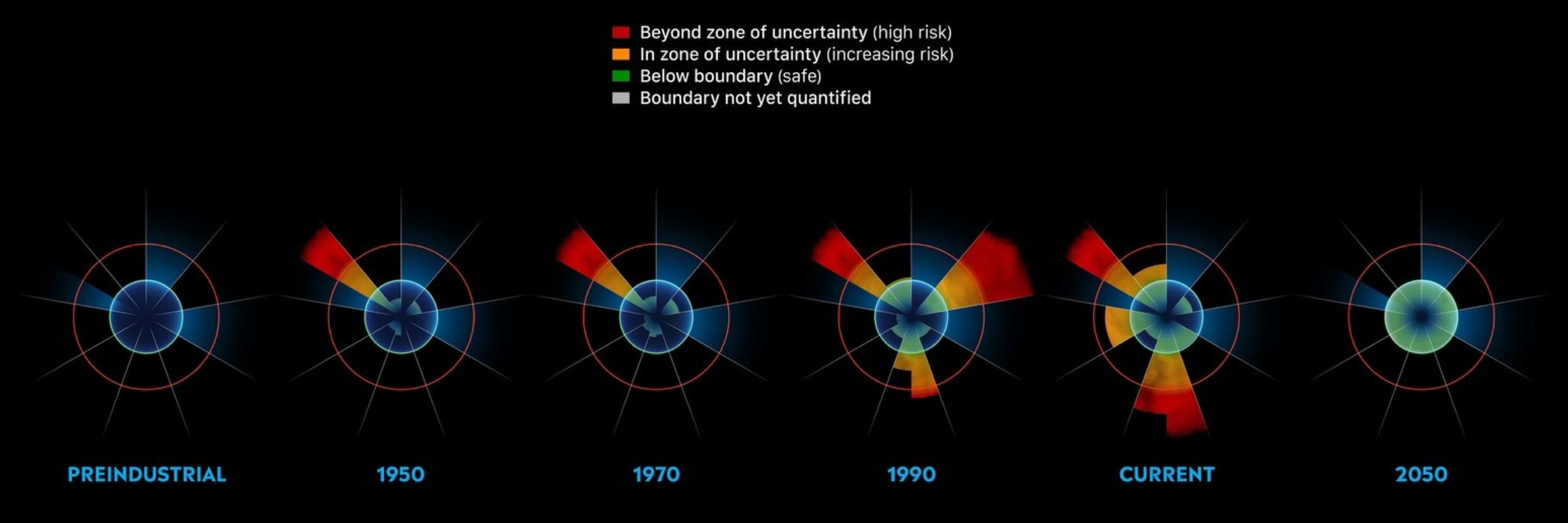
Ascanio Vitale 🌍
@ascanio.bsky.social
49 followers
38 following
230 posts
Enviromentalist, Engineer, Stop CO2 CEO. Former activist and Climate&Energy campaigner for Greenpeace and WWF, and Population Matters Board member. AIA honorary member.
Posts
Media
Videos
Starter Packs
Reposted by Ascanio Vitale 🌍
Ascanio Vitale 🌍
@ascanio.bsky.social
· Aug 13
Ascanio Vitale 🌍
@ascanio.bsky.social
· Aug 13
Ascanio Vitale 🌍
@ascanio.bsky.social
· Aug 13
Ascanio Vitale 🌍
@ascanio.bsky.social
· Aug 13
Ascanio Vitale 🌍
@ascanio.bsky.social
· Aug 13
Ascanio Vitale 🌍
@ascanio.bsky.social
· Aug 13
Ascanio Vitale 🌍
@ascanio.bsky.social
· Aug 13
Ascanio Vitale 🌍
@ascanio.bsky.social
· Aug 13
Ascanio Vitale 🌍
@ascanio.bsky.social
· Aug 13
France is Increasing Prices For Nuclear Power by More Than 60 Percent And is Relying on Offshore Wind Energy - Renewable Energy Industry
Renewable Energy Industry worldwide, maps, companies around the world, press release center, RENIXX Stock Index, renewable green industry, renewable jobs, events, research, education
www.renewable-energy-industry.com
Ascanio Vitale 🌍
@ascanio.bsky.social
· Aug 13
Ascanio Vitale 🌍
@ascanio.bsky.social
· Aug 13
Ascanio Vitale 🌍
@ascanio.bsky.social
· Aug 13
Ascanio Vitale 🌍
@ascanio.bsky.social
· Aug 13
Ascanio Vitale 🌍
@ascanio.bsky.social
· Aug 13
Ascanio Vitale 🌍
@ascanio.bsky.social
· Aug 13












